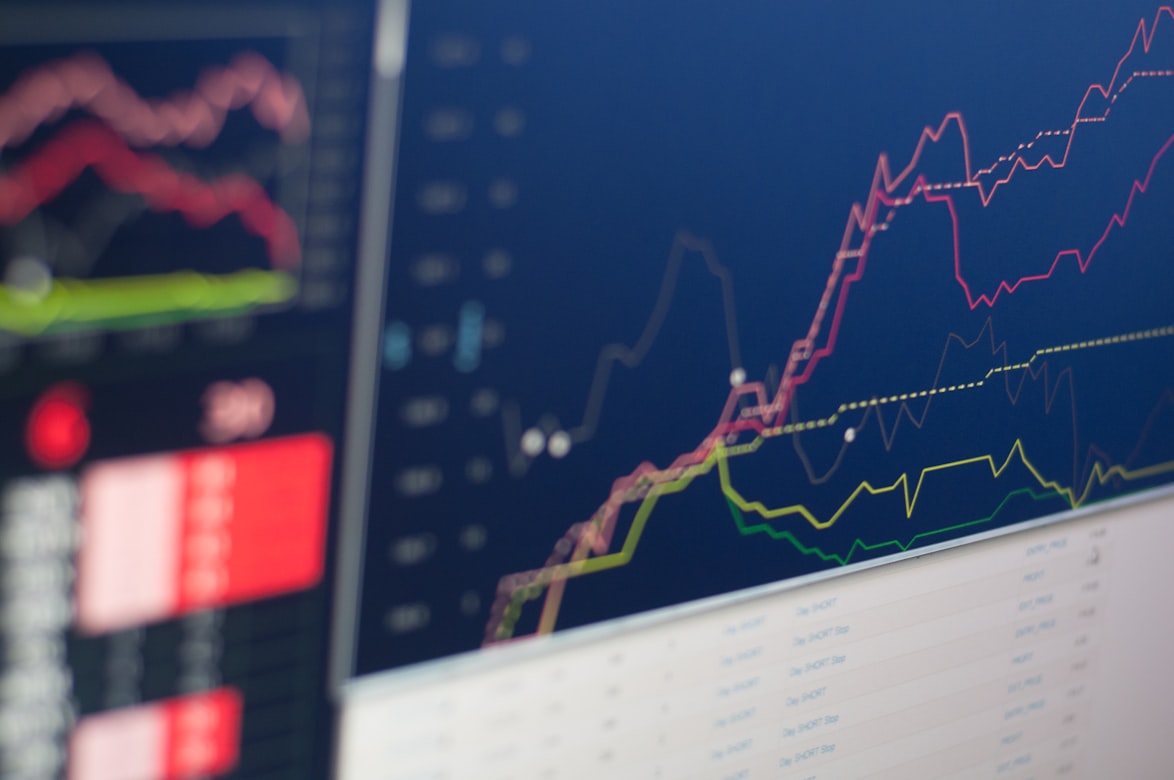What are the differences between CFDs, futures & options?
When it comes to making bets on the price of financial assets, there are 3 main ways to do it – CFDs, futures & options. The questions is – which one should you choose?
In this article we’re going to review each of them to help you decide which one suits you best.
With a contract for difference (CFD), you’re essentially buying the right to make a bet on the price movements of a financial asset. If the price moves up, you make money, if the price drops you lose your money. It’s very similar to buying or selling a stock or currency.
This means that you do not have to own the underlying asset in order to take a CFD position. CFDs are a popular choice for online forex trading because of their versatility, ease of use, and leverage.
CFDs are contracts between a buyer and a seller, which can be executed on the broker’s platform or traded on an exchange. The buyer of the contract pays the difference between the current (intra-market) value of an asset and its value at an earlier point in time, when the contract was entered into. The seller, on the other hand, receives the difference and has to cover any loss if the market price moves against the trader.
The biggest hurdle in trading is understanding if and when you can expect to make money.
The British financial regulator, the FCA, is worried enough to recently issue an alert about CFDs. The main concern for FCA is that CFDs are complex and carry high potential for losses.
This is not a new phenomenon. In 2009, there was a huge financial scandal in the UK that involved a trader who used CFDs to manipulate the prices of certain stocks. He had also tried to rig interest rates that his employer was using to manage their loans.
In 2013, the FBI and the UK Financial Crime Unit arrested 5 people in India who stole $20 million from UK investors who were trading via CFDs. They opened a fake stock trading firm in India and stole user credentials by hacking into email accounts of subscribers of London based brokers who were trading on their platform. They then cleared all the existing positions in those accounts and placed their own bets against those positions and finally left fake trades outstanding payable in rupees. They then fled with $20 million while the UK brokerages were left with unpaid creditors and losing clients.
CFDs (contracts for differences) are a popular way to trade, especially in the forex markets. CFDs are not futures, they are the actual underlying asset, so your profit and losses are based on the exchange rate movements. When you open a CFD on a currency pair (e.g. GBP/USD), you don’t actually own the currency, but you do have an obligation to deliver it – this is ‘to buy’ or ‘to sell’ when you close out the trade.

